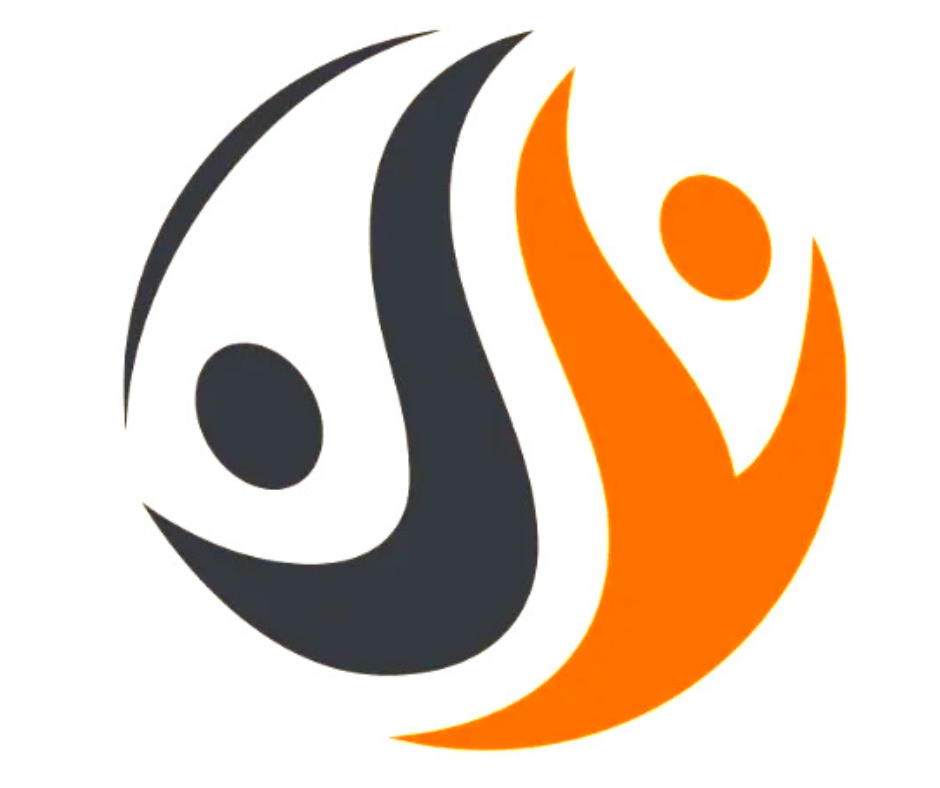Reverse Interviewing- Red Flags

Spotting Red Flags During an Organization’s Interview Process: A Candidate’s Guide
Embarking on the job hunt journey can often be as exhilarating as it is daunting. While it’s important to put your best foot forward as a candidate, it’s equally critical to recognize that the interview process is a two-way street. Just as employers assess if you’re a good fit for their organization, you should also be evaluating whether the company aligns with your career goals, values, and work-life balance expectations. However, amid the enthusiasm of potentially landing a new role, red flags might be easily overlooked. Here’s what to watch out for to ensure you’re making the right choice:
1. Lack of Clarity about the Role
If the job description seems vague or, worse, if the interviewer struggles to articulate what the role entails or what success in the position looks like, consider it a red flag. A clear understanding of your responsibilities and how your success will be measured is crucial for your professional growth and satisfaction.
2. High Turnover Rates
High turnover can be a sign of underlying issues such as poor management, lack of opportunities for advancement, or an unfavorable work environment. Don’t hesitate to ask why the position is vacant and how long the previous employee was in the role. It’s also worth researching online or reaching out to current or former employees on LinkedIn for insights.
3. Overemphasis on Long Hours and Hard Work
While dedication is important, a focus on long hours and whatever it takes during the interview can indicate a lack of respect for work-life balance. Be wary if there’s a dismissive attitude toward reasonable working hours or if there’s an emphasis on availability over productivity.
4. Lack of Diversity and Inclusion
The composition of the team you’ll be working with can tell you a lot about the company culture. A lack of diversity in the workforce, especially in leadership positions, could signal a non-inclusive environment. Additionally, an organization’s unwillingness to discuss their diversity and inclusion initiatives might hint at it not being a priority.
5. Negative Tone When Discussing Current or Past Employees
Pay attention to how the interviewer speaks about the team or past employees. If the tone is dismissive, disrespectful, or overly critical, it’s likely indicative of the company culture. Respectful communication should be the norm, regardless of the circumstances.
6. Disorganized Interview Process
The interview process often mirrors the organization’s operational efficiency and how they value potential employees. Constant rescheduling, lack of communication, and an overall disorganized approach can reflect poor management and a chaotic work environment.
7. Rush to Hire
While it might be flattering to receive a job offer immediately, a rush to hire without a thorough interview process is a red flag. It may indicate desperation due to high turnover or the filling of a gap without proper consideration of fit or qualifications.
8. Vague or Non-existent Growth Opportunities
Ask about professional development and career progression opportunities within the company. If the response is vague or there seems to be no clear path for advancement, it could be a sign that you’ll find yourself stagnant if you accept the position.
Conclusion
Listening to your instincts cannot be overstated. If something feels off during the interview process, there’s likely a valid reason. A job might not just be a means to an end but a significant part of your life, so it’s important to choose an environment where you can thrive, grow, and feel valued. Remember, an interview is as much about you assessing a potential employer as it is about them evaluating you. Stay vigilant for these red flags, and don’t be afraid to ask hard questions – the right organization will welcome them.
